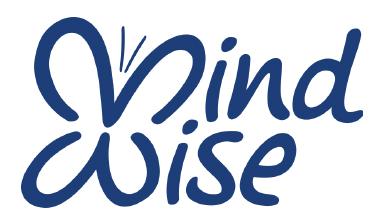Myths & Facts about Mental Illness
Mental HealthThere are lots of misunderstandings about mental illness. Here are some of the most common myths – and the real facts behind them.
Myth: People who have a mental illness are dangerous.
This isn’t true. Most people with mental health problems are not violent and most people who are violent are not mentally ill.
People with mental illness are more likely to be a victim of violence. People with severe mental illness are more likely to harm themselves than other people.
Myth: Having a mental illness is just a sign that you are weak or can’t cope with life.
Having a mental illness is not our fault. We can do things to look after our mental health. But sometimes we just get ill, or something happens to us that makes our mental health worse.
It’s not a sign of weakness. In fact, mental illness is a common human experience. Nearly a third of us have had concerns about our mental health in the last year.
Myth: I can’t help someone with a mental illness.
If a family member or friend has a mental illness we might feel worried or unsure about how we can help them. We might feel that there is nothing we can do to help. But there are lots of things you can do that will make a big difference. Have a look at our information about supporting someone else.
Myth: There’s no point in talking about mental illness.
There are lots of reasons why we might talk about mental illness. Talking can:
- help us share ideas about what we can do to feel better,
- make us feel less alone,
- help us get support from people around us,
- show other people that it’s ok to have a mental illness and to ask for help.
It isn’t always easy to find the words to talk about how we feel. Some of us find it easier to talk online rather than face-to-face.
Myth: I’ll never get better
Lots of us recover from mental illness. But recovery means different things to different people. Some of us think about recovery in terms of no longer having medical symptoms. Other people think that recovery is more about feeling able to live a meaningful life.
Myth: You should never ask someone if they are feeling suicidal
Some of us worry that asking someone if they are suicidal might put the idea in their heads or encourage them. But research shows that asking direct questions and talking openly about suicide will make the person less likely to act on their feelings. Read more about supporting someone who feels suicidal here.












































































































